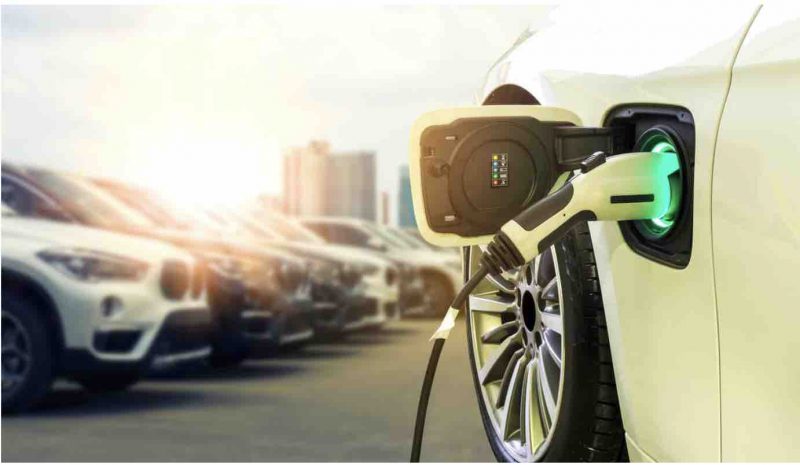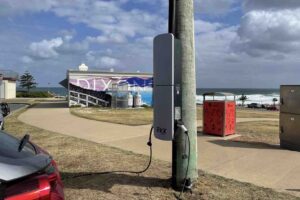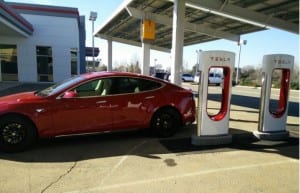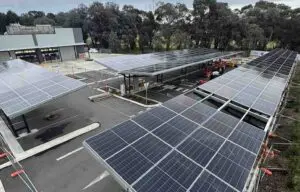The Victorian Labor state government said it would introduce legislation into state parliament today that would force drivers of battery electric, plug-in hybrid and hydrogen vehicles to pay a road user tax worth on average $330 a year.
If passed by both houses, the controversial tax – which has been criticised as a perverse disincentive that would further stall development of the local EV market – would come into effect on July 1.
Under the proposed legislation, battery electric vehicles would have to pay a tax of 2.5 cents for every kilometre they drive, while plug-in hybrid vehicles would have to pay 2 cent per kilometre, even if they are burning fuel. Mild hybrids, which charge themselves rather than plugging to an external power source, are exempt from the charge altogether.
The Andrews government justifies the tax on the grounds that currently EV drivers pay no fuel excise. It calculates that the tax will cost the average battery EV driver $330 a year, and the average plug-in hybrid driver $260 a year (plus the excise on however much fuel they consume.
By contrast, it claims the average internal combustion enginge vehicle driver pays around $600 a year in fuel excise – though it does not detail how it came to that figure, and had not responded to a request for more information at time of publication.
The Driven’s calculations, however, show that the government’s figures are based on petrol and diesel cars consuming 10.5 litres for every 100kms. Most car consume much less than that so likely pay only between $300 and $400, while hybrids would pay considerably less.
To read the full version of this story, please go to our EV-focussed sister site, The Driven and click here…










